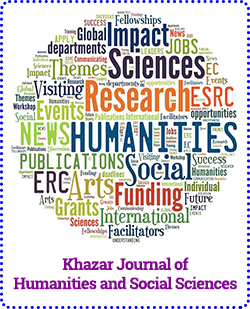Alchemy in Eastern Literature
DOI:
https://doi.org/10.5782/2223-2621.2020.23.1.22Keywords:
alchemy, metal transmutation, immortality, Sufi literature, Azerbaijani literary school, religious mysticismAbstract
Alchemy, developing in Ancient Egypt and its environs, was formed during the Islamic age as the branch of science and technology. The transmutation of base metals into noble metals and attempts to achieve immortality or rejuvenation by elixir or philosopher`s stone have been expansively reflected in Eastern literature and folklore.
This research discusses the endeavors of great rulers of the ancient East, alchemists of the pre-Islamic and, especially, Islamic periods, and prominent writers of the Islamic Golden Age and contemporary period who wrote various treatises devoted or related to alchemy and alchemists. Discussions here include the great Sumerian epic “Gilgamesh” and the legend of Alexander the Great’s attempt to gain immortality, as well as the story of alchemist Mary of Copt. The last two are related in a poem by Nizami, prominent representative of the twelfth century Azerbaijani literary school that wrote in Persian. Distinct images of alchemy were rendered in his poems, moreover, he created multi-faceted alchemical metaphors to describe transformations within humanity. Khagani Shirvani, Nizami’s contemporary, and nineteenth century Azerbaijani thinker Mirza Akhundov, also addressed the topic of alchemy, as well as religious mysticism in Islam and alchemy.
Alchemical episodes in the works of great figures of Eastern Sufi literature like Al-Ghazali, Suhrawardy, Ibn Arabi and Rumi have been scrutinized.
Downloads








